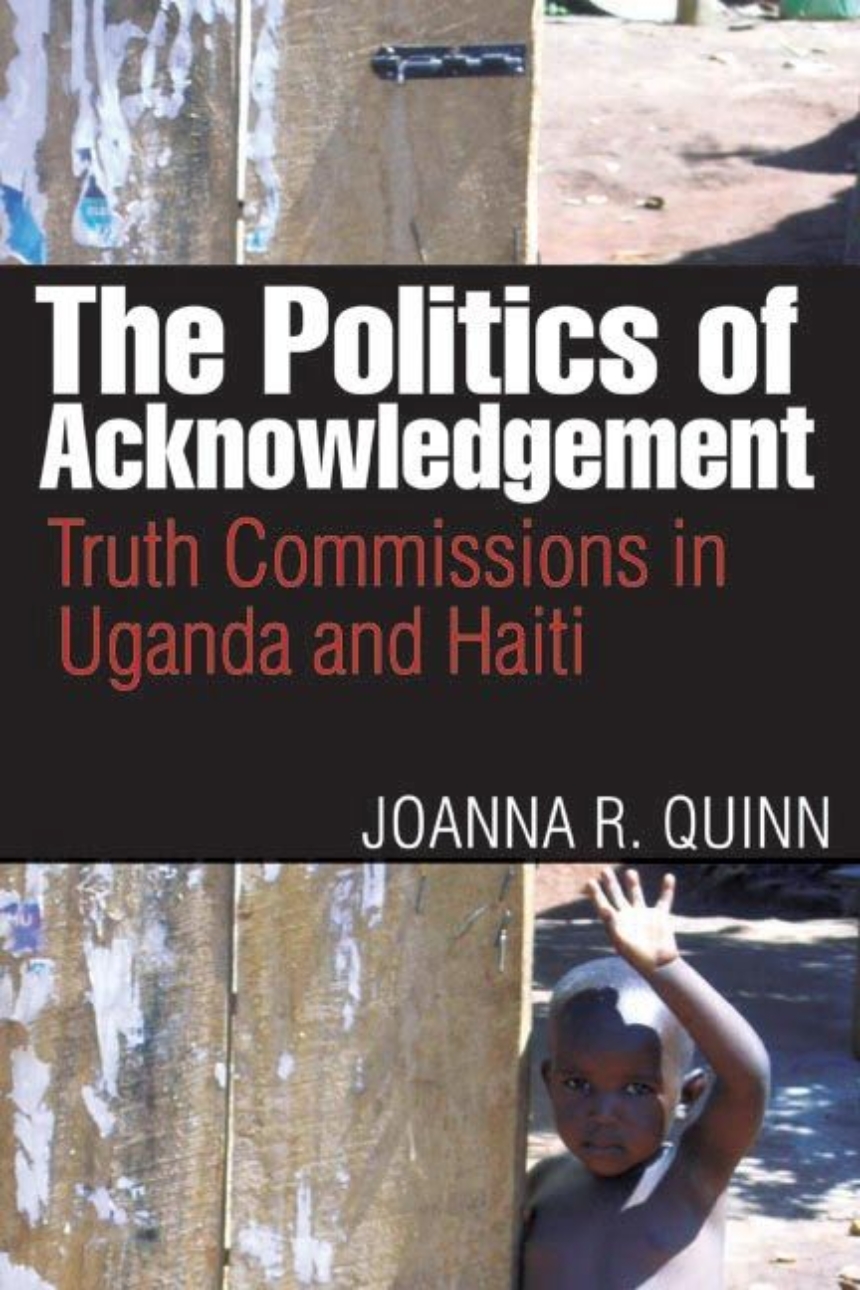University of British Columbia Press
The Politics of Acknowledgement
Truth Commissions in Uganda and Haiti
9780774818469
Distributed for University of British Columbia Press
The Politics of Acknowledgement
Truth Commissions in Uganda and Haiti
Human rights violations leave deep scars on people, societies, and nations. Rights groups argue that resolving past violence is necessary for a peaceful future. But how can nations ensure that instruments of transitional justice are the best path to reconciliation? This book develops a theoretical framework – a framework of acknowledgement – to evaluate truth commissions. Analysis of the difficulties encountered and the ultimate failure of truth commissions in Uganda and Haiti reveals that acknowledgement of past violence – by both victims and perpetrators – must come before goals such as forgiveness and social cohesion if reconciliation is to be achieved.
Table of Contents
1 Introduction
Part 1: Theoretical Model
2 The Politics of Acknowledgement
3 Truth Commissions
4 The Truth Commissions of Uganda and Haiti
Part 2: Analysis: Parallels between the Ugandan and Haitian Cases
5 Political Will
6 Institutional Constraints
7 Whither Acknowledgement?
8 Social Underpinnings
9 Acknowledgement: A New Lens for Evaluation
Appendices
Notes
Bibliography
Index

